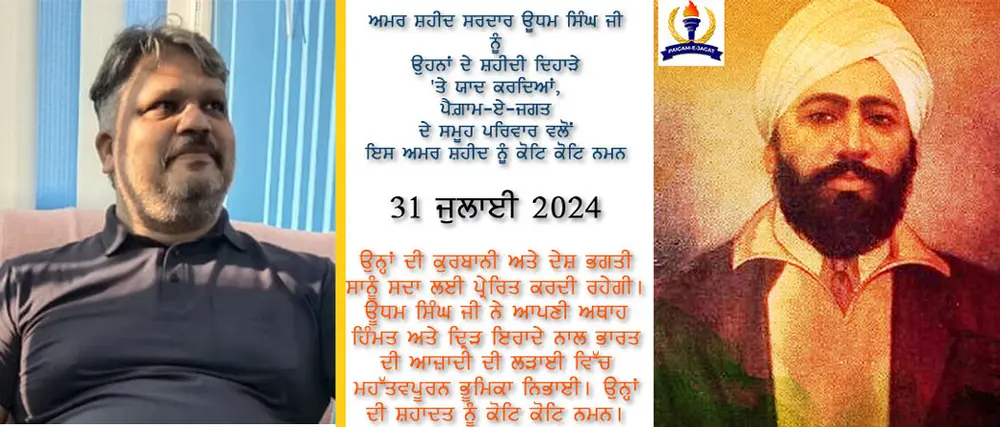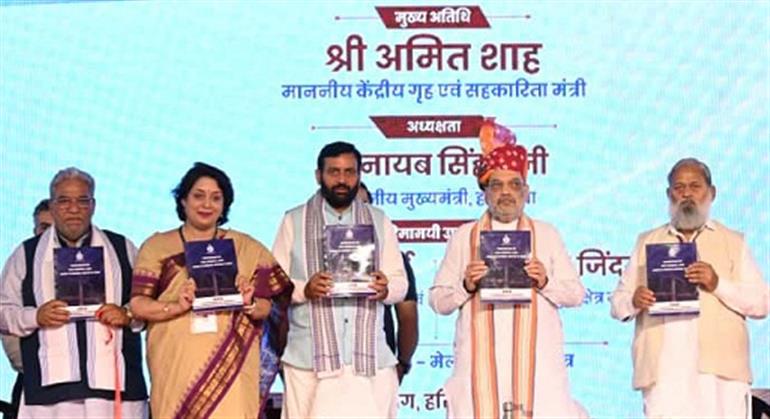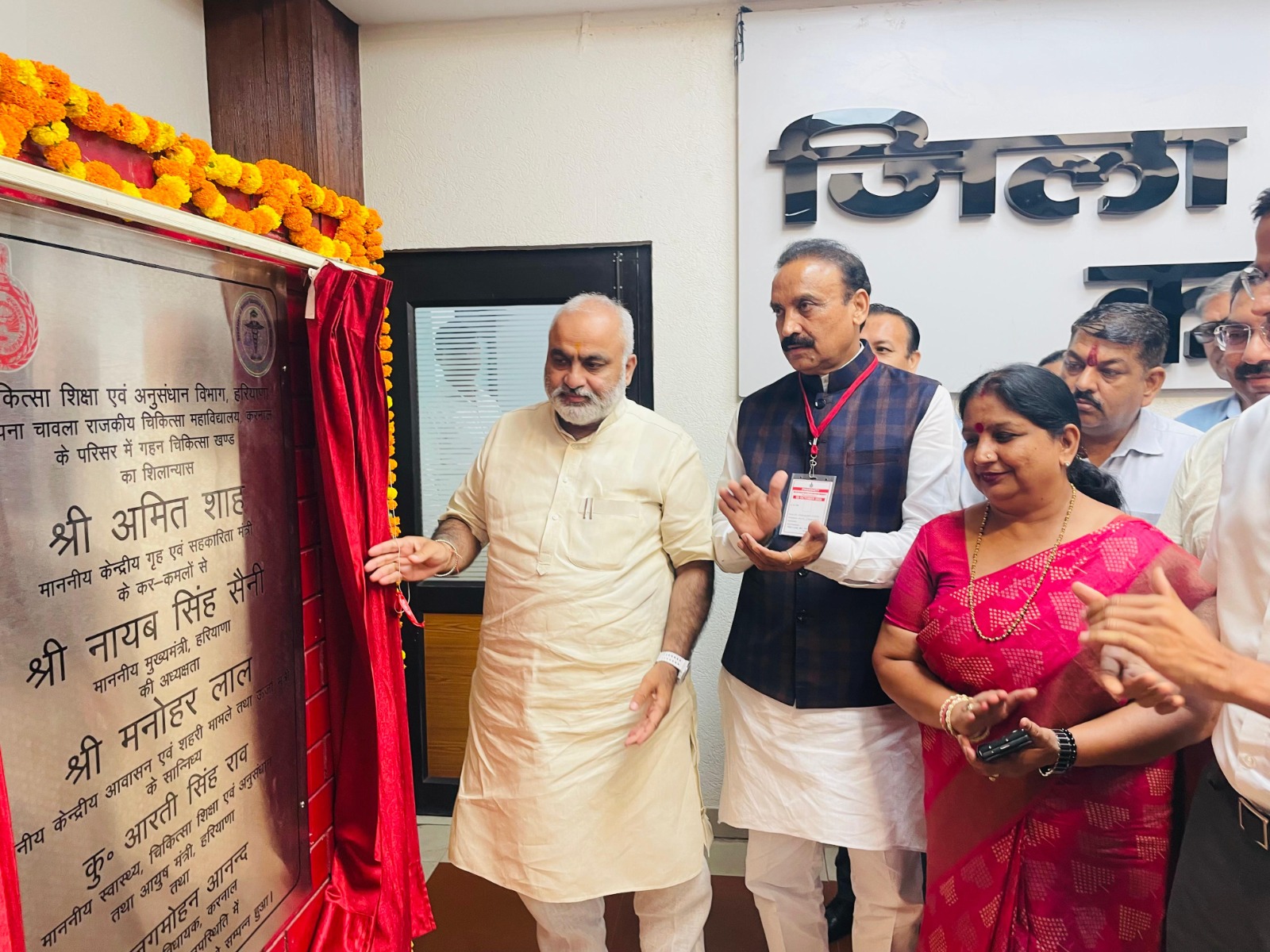
Shaheed Udham Singh: The Icon of Sacrifice and Resilience.
Remembering the immortal martyr Sardar Udham Singh on his martyrdom day, on behalf of the group family of Paigam-e-Jagat, a hundred salutes to this immortal martyr.
Remembering the immortal martyr Sardar Udham Singh on his martyrdom day, on behalf of the group family of Paigam-e-Jagat, a hundred salutes to this immortal martyr.
Shaheed Udham Singh, an iconic figure in India's struggle for independence, is remembered for his unyielding spirit and profound sense of justice. Born on December 26, 1899, in Sunam, Punjab, he became an enduring symbol of resistance against British colonial rule.
Early Life and Inspiration
Udham Singh's early life was marked by hardship and the impact of the colonial regime's oppressive policies. Orphaned at a young age, he and his elder brother were raised in an orphanage. His experiences and observations of the injustices inflicted on his countrymen fueled his determination to fight for India's freedom.
The most significant turning point in Singh's life was the Jallianwala Bagh massacre on April 13, 1919. Thousands of unarmed Indians, including women and children, gathered peacefully to protest the repressive Rowlatt Act. The gathering turned tragic when British Brigadier-General Reginald Dyer ordered his troops to open fire without warning, killing hundreds. Udham Singh witnessed the massacre and resolved to avenge the brutal killing of innocent people.
The Quest for Justice
Driven by a fierce sense of justice, Singh traveled to England in 1934. He spent several years working and preparing for his mission. On March 13, 1940, at Caxton Hall in London, he shot and killed Sir Michael O'Dwyer, the former Lieutenant Governor of Punjab, who had endorsed the Jallianwala Bagh massacre. This act was not one of mere revenge but a statement against the atrocities committed by the British Empire.
Singh's trial was swift, and he was sentenced to death. He remained defiant and unapologetic, using the trial as a platform to highlight the injustices suffered by Indians under British rule. On July 31, 1940, Udham Singh was executed. His bravery and sacrifice left an indelible mark on India's freedom struggle.
Lessons from Udham Singh's Life
Courage and Conviction: Udham Singh's life teaches us the importance of standing up against injustice, regardless of the consequences. His willingness to sacrifice his life for his country's freedom exemplifies unparalleled bravery and conviction.
Resilience and Determination: Singh's perseverance, despite the challenges and obstacles he faced, is a powerful reminder of the importance of resilience. His unwavering commitment to his cause, even in the face of adversity, inspires us to pursue our goals with determination.
Justice and Human Rights: Singh's actions underscore the importance of fighting for justice and human rights. He believed that every individual deserves dignity and freedom, and he was willing to go to great lengths to uphold these principles.
Patriotism and Selflessness: Singh's profound love for his country and his selfless actions highlight the essence of true patriotism. He placed the well-being of his fellow countrymen above his own, embodying the spirit of selfless service.
Legacy and Commemoration
Shaheed Udham Singh's legacy continues to inspire generations of Indians. He is remembered as a martyr who sacrificed his life for the cause of justice and freedom. Statues and memorials have been erected in his honor, and his story is a part of India's rich history of the freedom struggle.
In an era where individualism often takes precedence, Shaheed Udham Singh's life reminds us of the power of collective action and the importance of standing up for what is right. His courage and sacrifice serve as a beacon of hope and inspiration for all those who seek justice and equality in the world.














